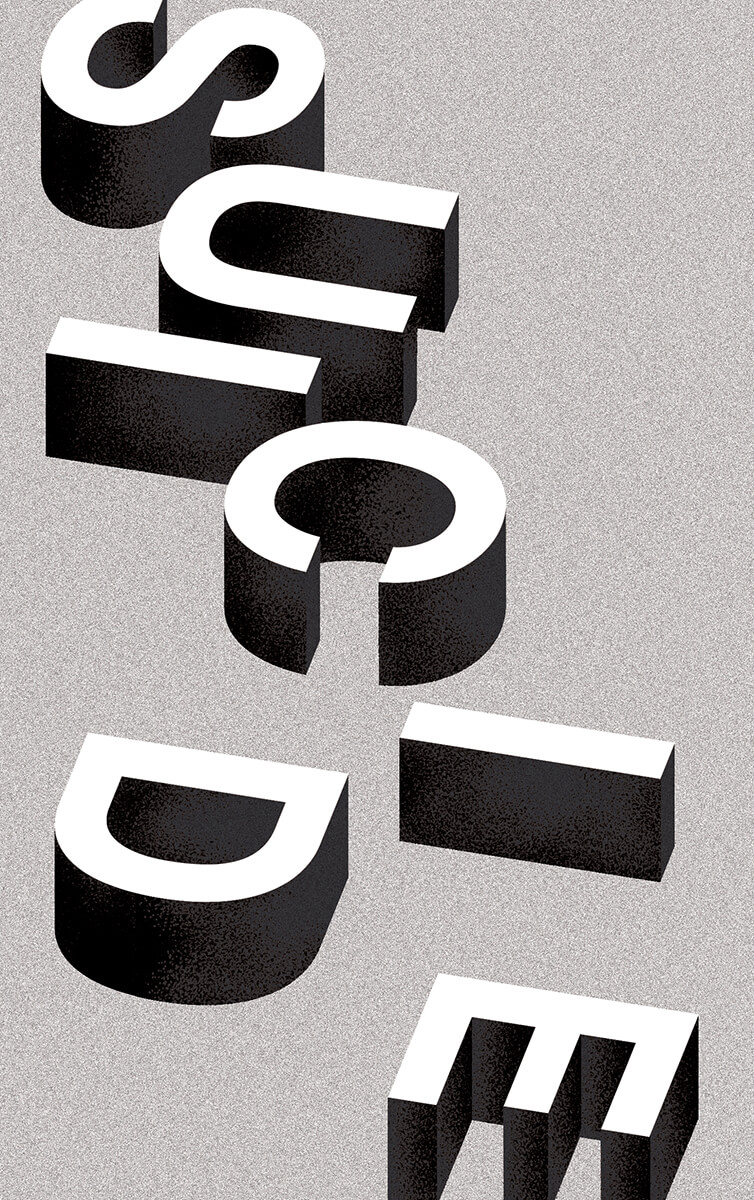McKeen ties in his own experience with mental health and how he’s experienced panic attacks since he was a teenager. It wasn’t until adulthood that he asked for help and went on antidepressants, a move that, at the time, he felt was a surrender. Being vulnerable and embracing his emotional side was difficult, and everyone around him was shocked when he spoke out about his feelings. No one knew he was struggling, which is why he’s been outspoken about mental health before, during and after his run as city councillor.
One of McKeen’s accomplishments on city council was being part of the committee that approved the budget for the suicide prevention barriers on the High Level Bridge in 2016. The barriers helped reduce suicide rates somewhat, but the Edmonton Police Service continues to receive a high amount of crisis calls involving the bridge. In 2018, there were 96 calls (down from 114 in 2017).
McKeen hoped that barriers would prevent more suicides, and so did Garcia, which is why she reached out to McKeen after her brother died. Garcia connected with McKeen, who gave her a platform to speak at city council meetings about her brother’s story, the need for bridge barricades and the importance of discussing suicide and mental health in general, which she does to this day with her podcast, The Audiothentic.
Mielke and Puligandla agree that the way to break the stigma is through conversation, but first, we need to address why mental health continues to be a taboo subject for so many. One of the reasons is shame.“I lied about how my dad died for at least a couple of years because I was so afraid that people were not only going to judge my dad based on how he died, but they were also going to judge me and think less of me,” says Mielke.
Even before COVID-19 changed the way we live, a mental-health crisis was already here, along with a massive increase in opioid overdoses. More and more young people are taking their own lives.
Those troubling trends have only grown through the COVID pandemic. Add to that the strain the virus has placed on our health-care professionals, and we’re heading to a great reckoning. What happens when the people who are charged with taking care of us are also asking for help?
We take a closer look at how the mental-health crisis drives us to extremes. If you are feeling the strain, it’s important to know you are not alone. Help is out there. Alberta Health Services’ mental-help line is available 24/7, at 1-877-303-2642. The addiction help line number is 1-866-332-2322. When it all becomes too much, the bravest thing you can do is ask for help. Please, do not suffer in silence.
This article appears in the Winter 2022 issue of Edify
